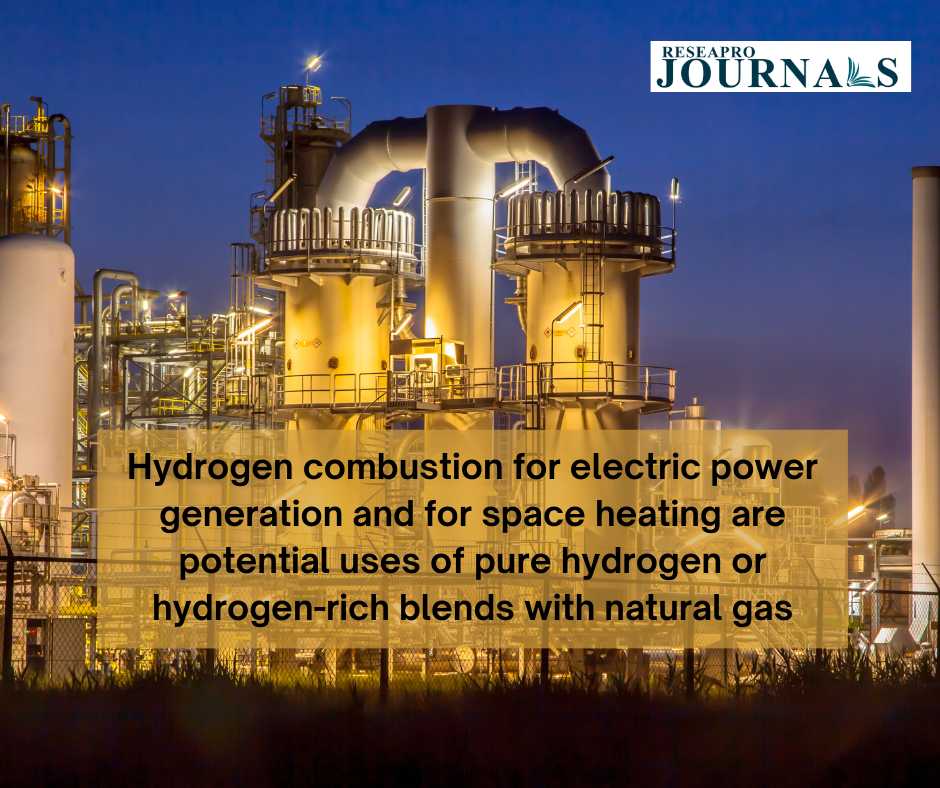
Hydrogen combustion offers a potentially clean and versatile option for both electricity generation and space heating. However, there are advantages, disadvantages, and challenges to consider.

Hydrogen-Natural Gas Blends:
- Blending hydrogen with natural gas can be a transitional strategy to reduce emissions from existing power plants and heating systems.
- However, the benefits are limited as long as the natural gas component contributes to emissions.
- The optimal blend ratio depends on various factors, including infrastructure limitations and desired emission reduction goals.
Challenges:
- Cost: The current cost of hydrogen production and infrastructure remains a major obstacle for widespread adoption.
- Safety: Hydrogen is highly flammable, requiring specialized handling and safety measures.
- Public perception: There are concerns about the safety and environmental impact of hydrogen, which need to be addressed through education and transparent communication.
Hydrogen combustion has the potential to be a clean and versatile energy source, but significant challenges remain in terms of cost, infrastructure, and production methods. Blending with natural gas can be a transitional strategy, but long-term solutions rely on green hydrogen production and efficient utilization technologies.
